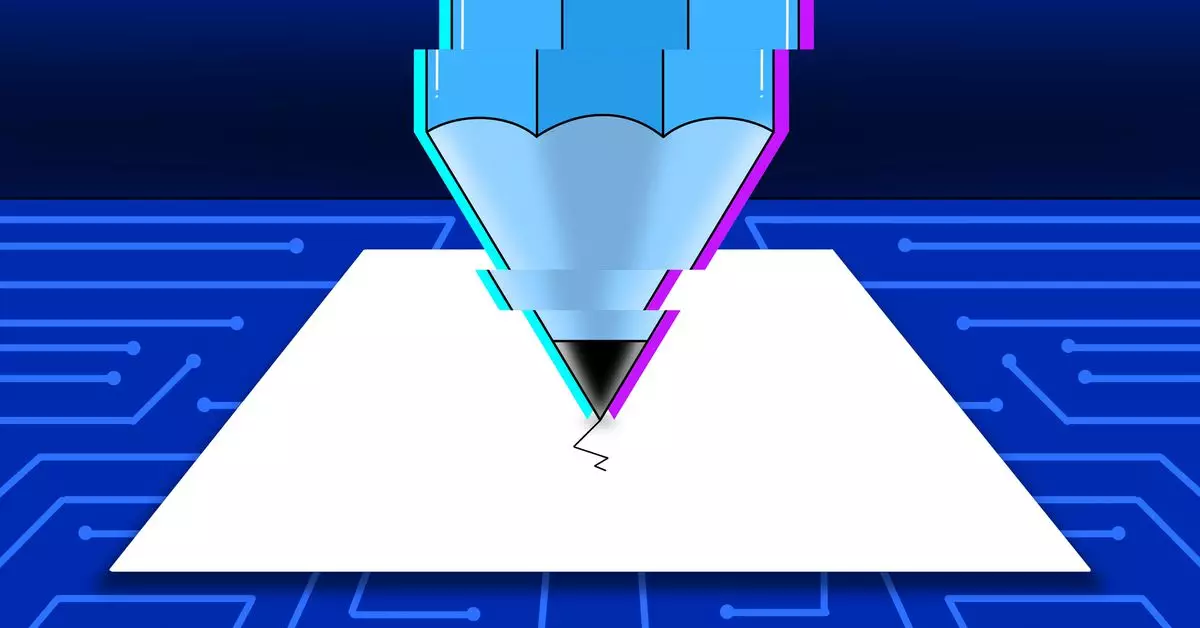In an era increasingly dominated by artificial intelligence, literary giants are starting to establish their stances regarding AI’s interaction with their intellectual property. Penguin Random House has recently updated its copyright pages in an attempt to safeguard its works from being utilized in AI training without explicit permission. Their new directive explicitly states, “No part of this book may be used or reproduced in any manner for the purpose of training artificial intelligence technologies or systems.” This move is groundbreaking, as it reflects a mature understanding of copyright in the context of modern technological advancements.
While the amendment made by Penguin Random House carries significant symbolic weight, it raises questions regarding its legal enforceability. The warning on the copyright page could be perceived as a precautionary measure, akin to giving AI systems a ‘robots.txt’ signpost in the digital realm, indicating parts of their content they wish to protect. However, it’s crucial to remember that a copyright page does not fundamentally alter copyright law itself. Existing laws already offer protections irrespective of how one chooses to phrase their declaration in a book. This is a vital distinction, as the core principle of fair use persists, regardless of the publisher’s stated preferences.
The Implications for Authors and Readers
This amendment might reflect broader implications for authors concerned about the integrity and commercial viability of their work in an AI-driven world. By asserting control over the use of their texts, Penguin Random House may be sending a message to both authors and readers about the importance of respecting creative ownership. Authors may feel more secure knowing that their works aren’t fodder for AI training behind closed doors without the possibility of compensation or acknowledgement.
Conversely, this stance could also place limits on consumers and researchers who rely on easily accessible data. Scholarly work, particularly in fields like literature and linguistics, often benefits from large-scale data analysis. If major publishers like Penguin Random House increase restrictions on the use of their texts, it may inadvertently stifle academic inquiry and the innovative potential of AI.
Penguin Random House’s measures may mark a turning point in the publishing industry, where the conversation around copyright and AI implications is becoming more pronounced. The fact that Penguin is seemingly the first major publisher to formalize this stance highlights a growing awareness among stakeholders about the potential threats posed by AI technologies. As AI systems evolve and the volume of content continues to grow, the need for comprehensive discussions surrounding copyright law and its intersection with technology becomes more urgent.
While Penguin Random House’s updated copyright page is a step towards controlling the narrative around AI use, it shines a light on the complexities of copyright law in an evolving digital landscape. The balance between protecting intellectual property and fostering innovation will undoubtedly remain a contentious issue for years to come.

